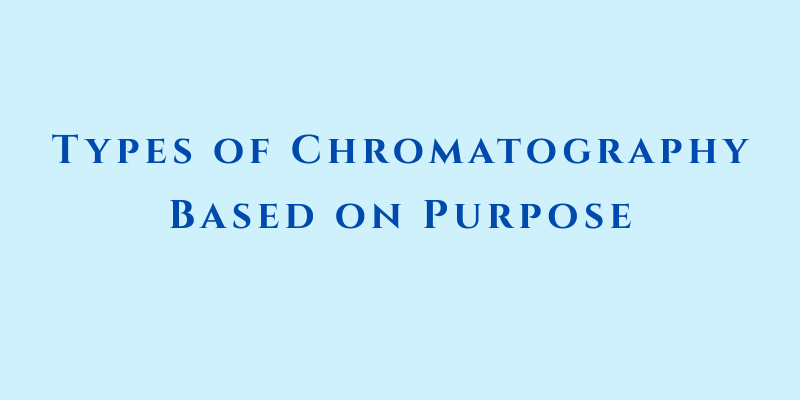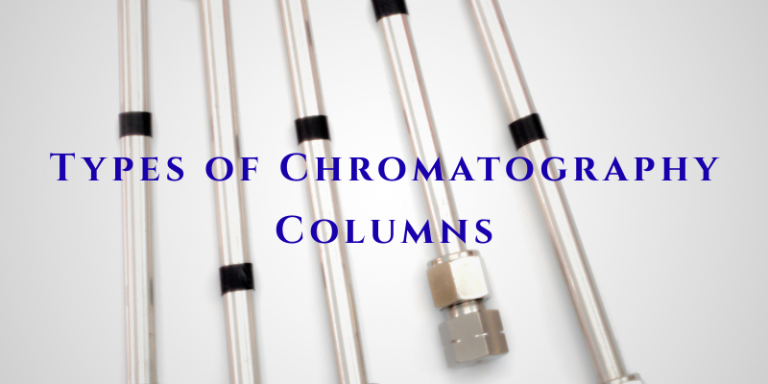Types of Chromatography Based on Purpose
Analytical Chromatography
- Description: Analytical chromatography is used to identify and quantify different components in a sample. It focuses on precision and accuracy in measurement, typically conducted on a small scale.
- Advantages: Precise identification of sample components, the ability to analyze substances at very low concentrations.
- Techniques: Gas Chromatography (GC), High-Performance Liquid Chromatography (HPLC), Thin-Layer Chromatography (TLC).
- Applications: Quality control in the pharmaceutical industry, identification of chemical compounds in food products, analysis of environmental toxins.
Preparative Chromatography
- Description: This chromatography type is for separating and purifying large amounts of a specific substance. The main goal is to produce large quantities of high-purity substances for industrial or research purposes.
- Advantages: Ability to purify on a large scale, production of pure substances for specialized uses.
- Techniques: Preparative HPLC, Liquid-Liquid Chromatography (LLC).
- Applications: Production of pure drugs, purification of proteins and enzymes for biological research, production of perfumes and essential oils.
Diagnostic Chromatography
- Description: Diagnostic chromatography involves analyzing biological samples such as blood, urine, or tissues to diagnose diseases and medical conditions.
- Advantages: Providing precise results for disease diagnosis, early disease detection through chemical changes in the body.
- Techniques: Liquid-Liquid Chromatography, Ion Chromatography.
- Applications: Cancer diagnosis, metabolic disorder detection, monitoring drugs in the body.
Research Chromatography
- Description: This chromatography type is used in scientific research to study and analyze chemical and biological processes. The aim is to gain a better understanding of the structure and behavior of different materials.
- Advantages: Detailed study of complex structures, aiding in the development of new drugs and advanced materials.
- Techniques: Liquid Chromatography-Mass Spectrometry (LC-MS), Gas Chromatography-Mass Spectrometry (GC-MS).
- Applications: Research and development in the pharmaceutical industry, studying chemical reactions, developing new materials in polymer and nanotechnology industries.
Read also:
Resource Person: Hamideh Mousavi







